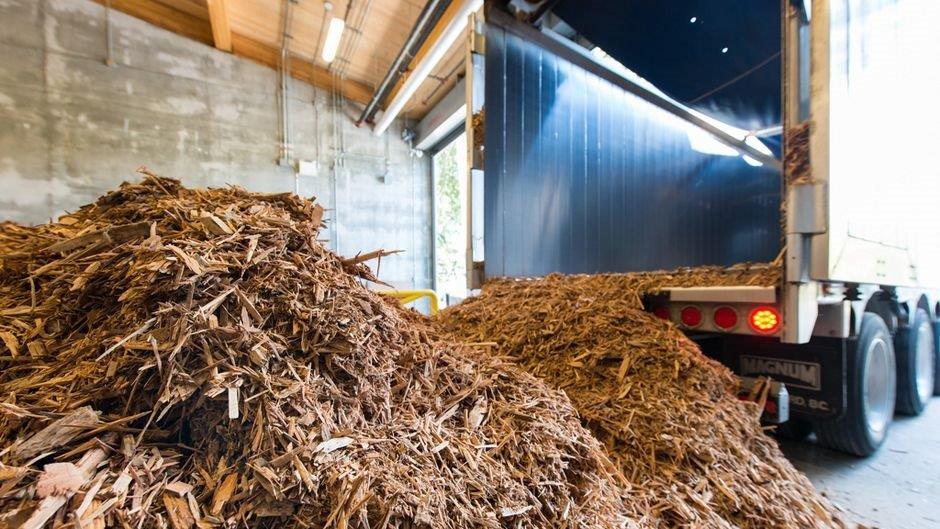
Processed plantation timber waste could provide a new source of baseload electricity in South Australia when renewable energy rules are overhauled, in the wake of today’s release of the Finkel report. Source: Adelaide Now
Queensland-based company Altus Renewables is planning to build a $125 million plant near Mt Gambier, where timber residues will be turned into bioenergy pellets which can be used to fire power stations.
But unless Australian power generators begin using biopower, all of the material will be shipped to Europe or Asia, where the pellets are considered to be a useful source of renewable energy.
The forestry industry is hopeful that Government policy changes, as a result of the Finkel review’s recommendations, will drive demand for bioenergy in Australia.
The Australian Forest Products Association has estimated that renewable bioenergy from wood residues could supply 5.6% of SA’s electricity needs.
Forest Products Association chief executive Ross Hampton said creating a domestic market for biopower would deliver a major boost to the “Green Triangle” forest region, which straddles the South-East of the state and western Victoria.
“We think that forestry industries in South Australia will be looking at a new sunrise industry for the South-East,’’ Mr Hampton said. “This would just transform the economics of the area and lead to a whole lot of new development and new jobs.’’
Bioenergy pellets can be used in coal power stations to reduce carbon emissions or in purpose-built power plants.
Altus Renewables managing director Ian Sandeman said his company was finalising plans for an SA pellet production plant which could open in late 2019 and employ up to 250 people.
Mr Sandeman said the company shipped 27,000 tonnes of bioenergy pellets to Denmark in October last year because of the lack of a local market.
“The rest of the world understands that biomass can play a very important role in underpinning the baseload production of electricity,’’ he said.





